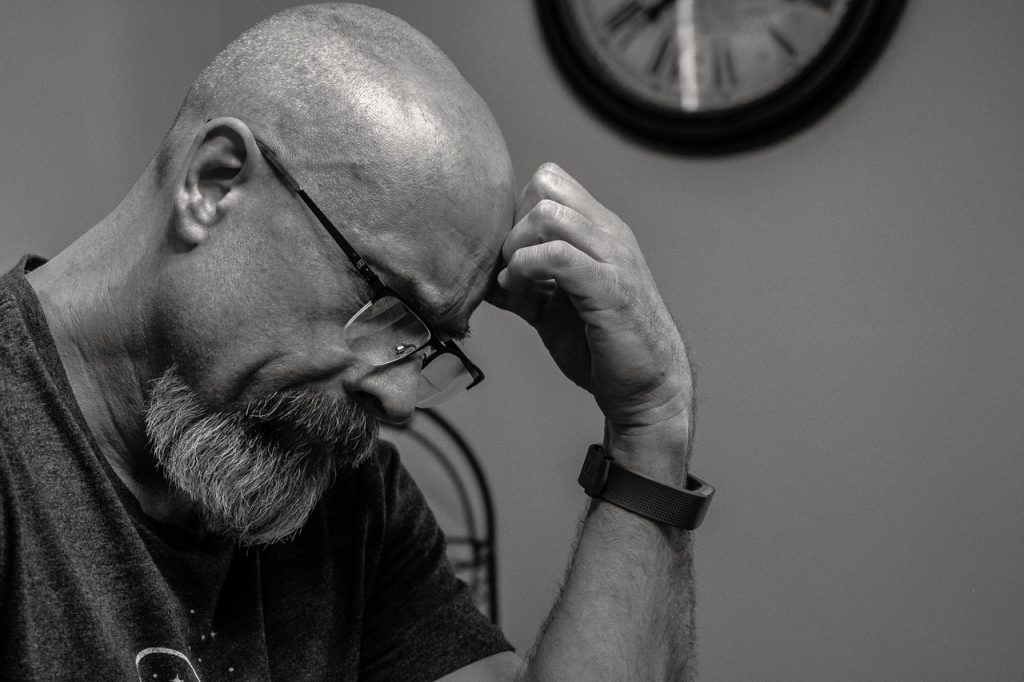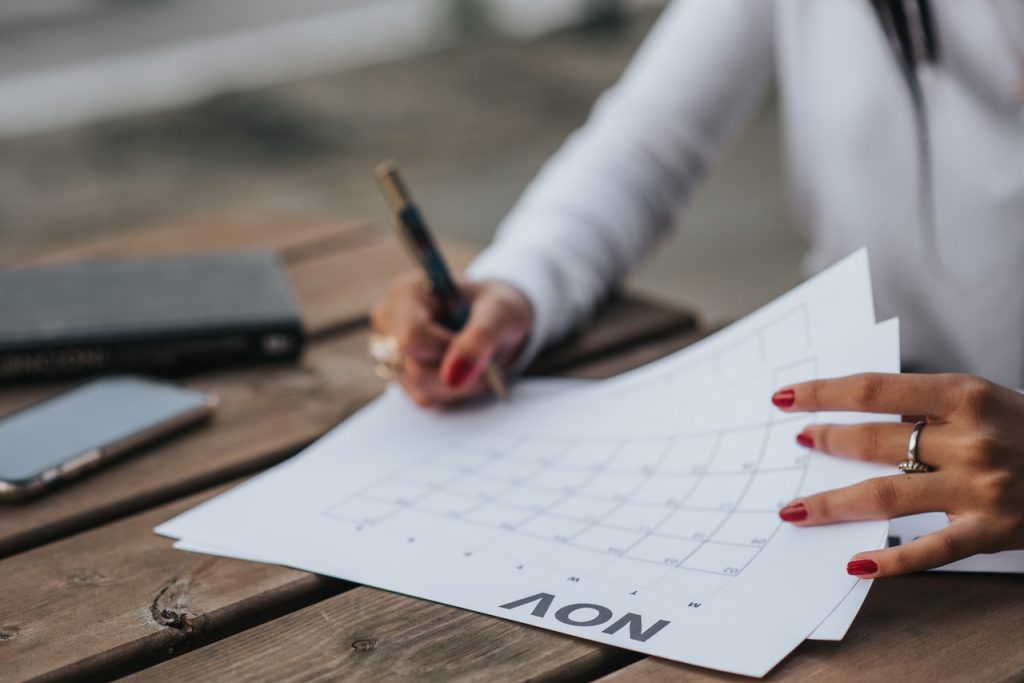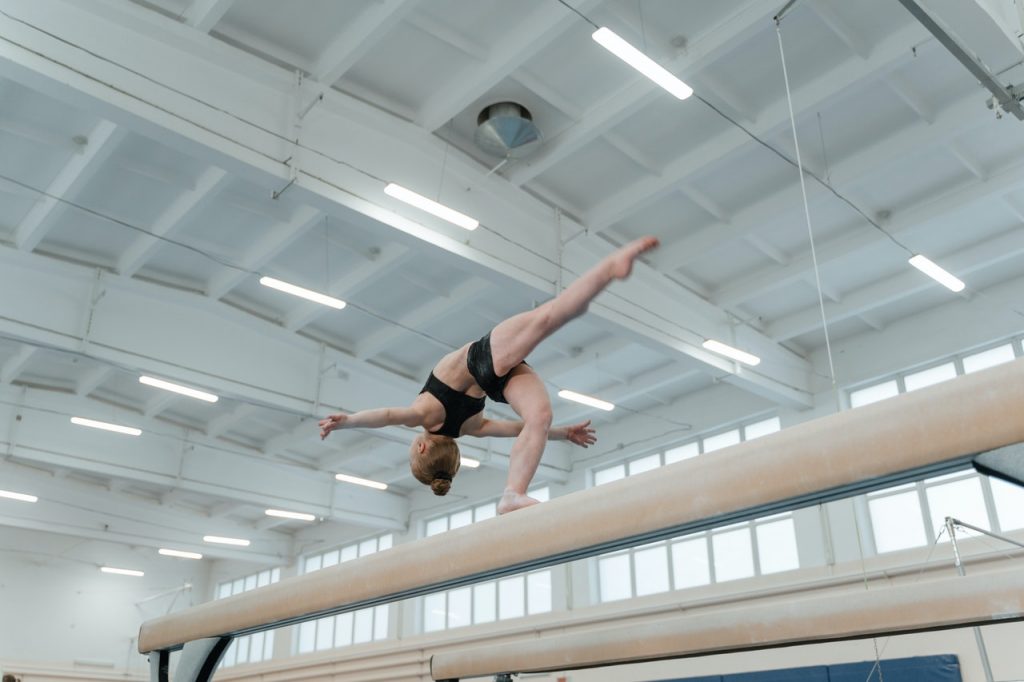Analysis Paralysis

Do you find yourself spending a lot of time thinking through scenarios? Or maybe you spend hours upon hours making elaborate plans and schedules in an effort to help you reach your goals? Does it seem like no matter how thoroughly you think through everything you need to do - that you still don’t accomplish what you want by the end of the day?
While it's important for us to plan and prepare in our daily lives, it can only get us so far. When we begin to spend more of our day thinking rather than doing, it is a sign that we might be overanalyzing. Patterns of overanalyzing become especially clear when we reach the point of analysis paralysis, where we feel unable to make a decision or take action due to the sheer number of options, scenarios and barriers that we have thought of, regarding a particular situation.
For example, maybe you’ve been trying to put together a daily schedule for yourself for awhile now, in order to get more out of your day. You’ve researched productivity methods, looked up examples of schedules, thought about what you want to make time for - and now have a big list of tips, tricks and ideas.
But have your days felt more satisfying since you started your research? Have you actually started incorporating any of these things into your daily life? It is possible that even though you have it all planned out, you aren’t any closer to your goal because you are putting off making decisions and starting on the things that actually matter.

It is common to feel like we’re making progress when we are analyzing, planning and preparing - and it is often needed to an extent. For example, scheduling is, indeed, a major part of having a schedule. However, when you add up all of the time that you’ve spent thinking, you might realize that a lot of that time could have been spent doing.
I would like to invite you for a moment to think of something that you’ve been meaning or wanting to do for a long time. Maybe you’ve been wanting to learn an instrument, or how to code, or to try to make it to the gym more. Maybe you’ve thought it all out, know what teacher you’re going to get lessons from or have even bought a gym membership. You even know how it fits into your day, but for some reason still haven’t started. Why? What’s standing in your way?
In addition, how much time have you spent thinking about this thing? If you think about all of the time and energy you have put into planning this action, you might realize that the energy would have been better spent on actually doing the thing than thinking about it!
Once analyzing gets in the way of us taking action, it becomes a problem rather than a tool. There is a saying that captures this well: “doubt dissolves in action.” This can be especially true in cases where we believe overthinking and waiting are beneficial and will provide clarity. In reality, we don’t accomplish new things and learn what’s best for us just by thinking about it - but rather through trial and error.
Let’s use the example of a gymnast. How does a gymnast learn a new trick? They practice it over and over and over again until they can do it successfully consistently. Of course, in order to even start practicing, there needs to be some level of previous experience or ability, and they had to think about how to do the move - to an extent. But past a certain point, thinking about the move, the steps, how it should look, what you need to eat in order to be ready to try it, etc., doesn’t really get you any closer to being able to accomplish the move itself - the actual goal.

Overanalyzing and overthinking eventually become forms of avoidance, providing us with the illusion that we are progressing towards our goals when they are really holding us back. Once we have planned what we absolutely need to, the best thing we can do is try and see what happens.
A trial and error approach can feel intimidating, especially for those of us who have a hard time trying new things. If we have a hard time trying new things, it’s likely due to having perfectionistic tendencies, a fear of failure, or a fear of judgement/rejection (and this includes judgement from ourselves, not just from others). It is natural to not want things to go “wrong.” However, this is a place where we can make an important shift in mindset.
The most successful people in the world have a million things go wrong and fail countless times before they come to be successful. The best and most valuable progress comes from experience and failure. If we work on becoming willing to put ourselves out there, fail, or even embarrass ourselves a bit, our rewards and progress will come much faster than if we sit around planning out the best way to do things. In addition, we will feel much better about ourselves in this process through being able to see the tangible actions we are taking and results we are getting.

Things to Try
Managing overthinking and analysis paralysis is a challenge, but we should try not to overthink it. Managing these parts of our lives should bring us relief, not further stress. Here are some simple things you can do to start reducing the time you spend analyzing in everyday life:
- Try to notice when you start spending too much time in the planning zone. A good indication is that you start to feel overwhelmed by the number of options and decisions you need to make. Take a step back and ask yourself what you really need in order to move forward. Encourage yourself to try just one of your options or ideas.
- Set a time limit on how much time you spend planning or thinking about something. We generally don’t need as much time to do things as we think we do, and this is especially true with analyzing and planning (because, as we’ve discussed, we’re not usually doing anything). If you have a big decision to make or an activity to plan out, set aside an amount of time to think it through and gather your resources.
- Spend your time analyzing past actions and how to improve their results rather than analyzing potential future actions. When we act, we can re-act. It is nearly impossible to imagine all outcomes of a certain action in advance, and it is a waste of energy to try. Instead use that energy for trial and error - followed by reflection. Then based on your results, adjust and adapt your behavior, while continuing to take new action. Through this, you will end up with a refined process based on your own personal experiences and what works best for you.
While it can seem much easier or productive to spend your days planning and analyzing, try to find a balance of planning and doing. Don’t let overanalyzing and fantasizing about reaching your goals - keep you from actually reaching them!
